The Second Brain: Why Your Gut is the Root Cause of your Brain Imbalance
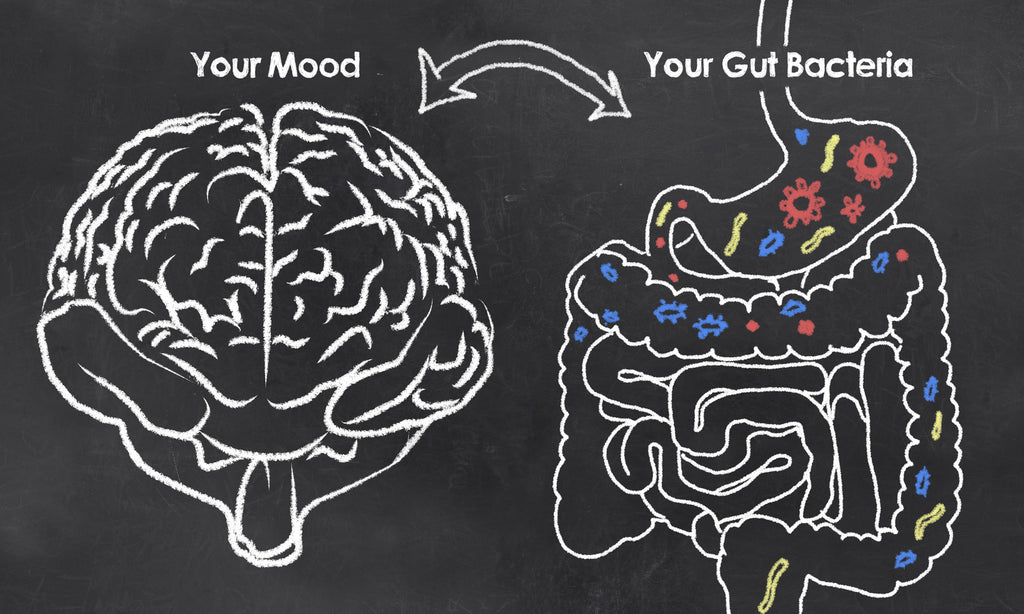
Have you ever felt nervous like having butterflies in your stomach?
Then you know the brain and gut are connected!
The brain is the master conductor of the body. If it is not functioning well, everything will be out of tune and lack synchronicity with your body. Our moods, the clarity of our thinking, our energy levels, and our happiness can all be out of tune when the brain is out of balance.
A healthy gut is highly connected to brain health! The gut-brain axis is a term for the communication network that connects your gut and brain. These two organs are connected both physically and biochemically in a number of different ways.
The brain can be damaged from trauma, the American diet, nutritional deficiencies, and even stress. Just like when we are injured in other areas of our body, we know that we must do physical therapy and strength training to fully regain functionality. The same is true with the brain. If your brain has been under stress or trauma, you must give it the right therapy to get it working right again.
HOW THE BRAIN AND GUT ARE CONNECTED
There are many ways the gut and brain “talk” to each other…
1- The Vagus Nerve and the Nervous System
Neurons are cells found in your brain and central nervous system that tell your body how to behave. There are approximately 100 billion neurons in the human brain. Interestingly, your gut contains 500 million neurons, which are connected to your brain through nerves in your nervous system.
The vagus nerve is one of the biggest nerves connecting your gut and brain. It sends signals in both directions and is important in managing stress.
2- Neurotransmitters
Your gut and brain are also connected through chemicals called neurotransmitters. Neurotransmitters produced in the brain control feelings and emotions.
Interestingly, many of these neurotransmitters are also produced by your gut cells and the microbes living there (healthy and unhealthy bacteria that serve a number of functions). A large proportion of serotonin- your happy chemical- is produced in the gut. Your healthy gut microbes also produce a neurotransmitter called gamma-aminobutyric acid (GABA), which helps control feelings of fear and anxiety and helps with sleep regulation!
3- Gut Microbes Make Chemicals that Affect the Brain
The trillions of microbes in your gut also make other chemicals that send signals to and affect your brain. Certain bacteria in our gut make a compound called brain derived neurotropic factor that helps our brain stay young, and build new pathways. A healthy brain requires the right level of hormones to stay sharp, and the right neurotransmitters to focus.
Your gut microbes produce lots of short-chain fatty acids (SCFA) such as butyrate, propionate and acetate. They make SCFA by digesting fiber. SCFA affect brain function in a number of ways, such as reducing appetite. Gut microbes also metabolize bile acids and amino acids to produce other chemicals that affect the brain.
4- Gut Microbes Affect Inflammation
Your gut-brain axis is also connected through the immune system. Your immune system primarily resides in your Gut. Your gut and gut microbes play an important role in your immune system and inflammation by controlling what is passed into the body and what is excreted. When the system isn’t functioning ideally, it causes inflammation, which is associated with a number of brain disorders like depression and Alzheimer’s disease as well as dementia, schizophrenia, and anxiety .
So we've looked at how the brain & gut are connected, but what's next?
Once you get a full picture of what's going on in your gut microbiome, then we can start putting a plan in place. The best place to start is nutrition & supplementation. Incorporating whole, nutrient dense foods can make a world of difference. But, when we are so inflamed, we can greatly benefit from adding in nutrients from supplementation. Lets take a look at a few options to lower inflammation and repair your gut lining.
Digestive Enzymes
Our digestive tract is a North to South process and if there is dysfunction at the North end, there will definitely be some dysfunction on the South end. Oftentimes we are actually experiencing low stomach acid, not too much stomach acid like you've probably been told for many years. Implementing a supplement with HCL/digestive enzymes can be so beneficial. Not only may it eliminate upper GI symptoms, it will aid in the most important component-breaking down your food for better absorption!
Food as Medicine
Though there are so many wonderful nutrients out there for gut health, we have some of our top favorites. Ginger is a great aid for digestion specifically for gas and bloating as it helps your motor migrating complex to keep things moving throughout your digestive tract. But it is also fantastic for lowering inflammation throughout your body. Flax seeds are an excellent source of fiber which is crucial for a healthy gut, but it also helps to balance hormones. Curcumin is one of the top natural anti-inflammatories and is beneficial in lowering inflammation in our gut which therefore will lower inflammation throughout our entire body.
Probiotics
Our gut is made up of trillions of different bacteria. Did you know your gut microbes are responsible for keeping estrogen in balance? Did you know your gut microbes are actually the ones responsible for healthy neurotransmitter production? Its a crucial piece to whole body health so we recommend consuming those good bugs on a daily basis. We recommend supplementing with a high quality probiotic containing at least 20-50 billion colony forming units (CFU), looking for something that is highly absorbable (will withstand your stomach acid), and at least 5 strains of different bacteria.
As you can see your gut microbiome plays a HUGE role in your neurological health. We can't look directly at your brain imbalances without factoring in your gut health first.
- Madison Blackmon

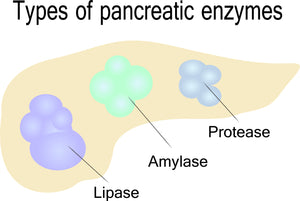

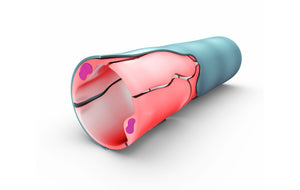
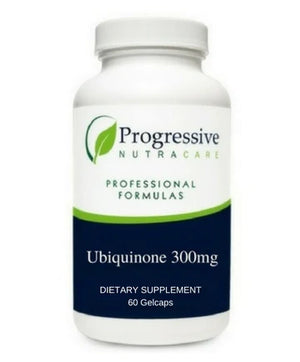

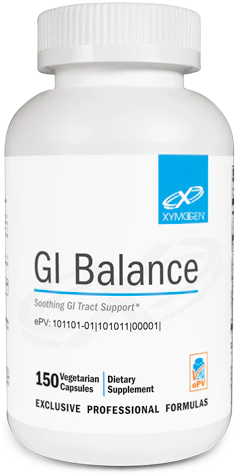
Comments 0